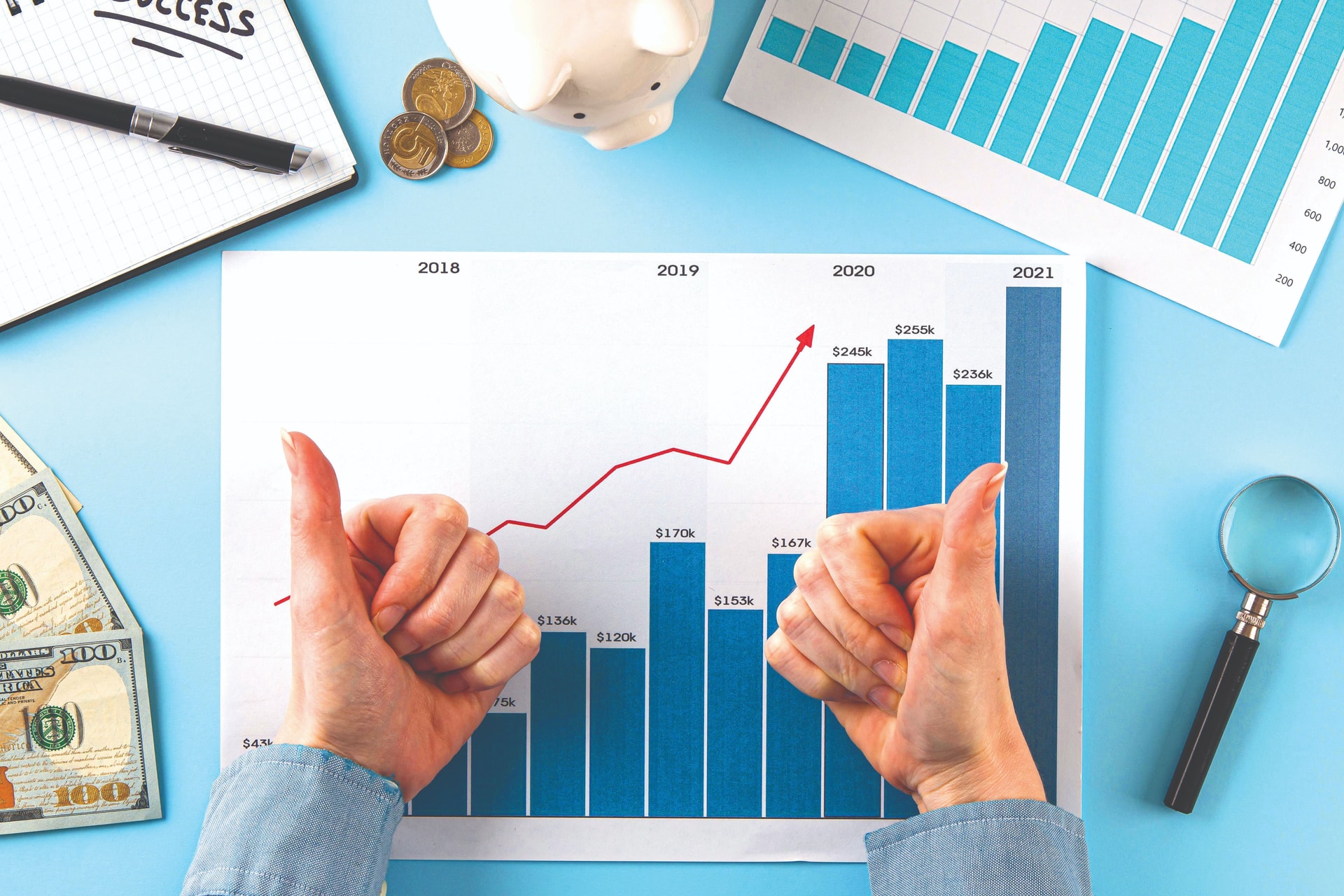The recent collapse of three major commercial banks in the United States, including Silicon Valley Bank (SVB), Signature Bank, and Silvergate Bank, has prompted international policymakers to adjust their monetary policies and strengthen communication to reinforce public trust. What lessons can Vietnamese commercial banks learn from this?
From the coolapse of US banks
This latest collapse is the second largest financial crisis in US history, after the Washington Mutual bank's bankruptcy in 2008. However, it is unlikely that a similar financial crisis will occur as the US banking system and the global banking system are now much better capitalized, have larger liquidity, and are regularly supervised by financial regulators.

The collapse of these banks was due to the rapid increase in interest rates by the US central bank in 2022, which created a burden on lending activities and economic growth to cool inflation. In addition, it also reduced the value of bond investment portfolios held by many commercial banks. Specifically, the case of SVB. SVB faced issues with government bonds, devalued bond loans, and uninsured deposit risks, as well as an undiversified customer base. Therefore, when a group of worried customers came to withdraw their money, it triggered a rapid withdrawal that SVB could not handle.
Following SVB, at least 186 banks in the US are at risk of collapse. This is a major threat to the US economy. Analyzing the deposit ratio of these at- risk banks shows that their capital sources mainly come from uninsured depositors, i.e., those with accounts over $250,000. According to regulations, companies registered with the Federal Deposit Insurance Corporation (FDIC) will be insured for deposits under $250,000.
If about 50% of these people were to withdraw their money en masse, $300 billion in insured deposits would be at risk. After paying uninsured deposits, if the value of bank assets is not enough to pay the remaining accounts, the bank will be considered insolvent. Similar to SVB, regulators will close the bank and transfer control to the FDIC.
What emerged from the simultaneous collapse of three banks in the US was the impressive, fast, and effective response of the government. After the incident, on March 13, savers hastily withdrew their savings, while investors sold bank stocks en masse, especially small banks. First Republic Bank's stock price dropped more than 60% at the close of trading on March 13, even after the bank announced that it was receiving emergency funding from the Federal Reserve and additional funding from JPMorgan Chase.

Immediately after the bank collapse, before the wave of massive withdrawals and selling off bank shares by the public, the federal government raced to reassure Americans that the banking system was still safe.
Regulators ensured that all deposits at both banks were guaranteed. In both SVB and Signature's cases, the government agreed to pay deposits, even those exceeding the federal insurance limit of $250,000. President Joe Biden affirmed that the banking system was still safe and that depositors need not worry.
In addition, the government also created an effective rescue program for other small banks to protect them from a shortage of deposits.
The Fed has launched a program that allows banks to use high-quality securities as collateral and borrow from the government's emergency fund. The Treasury has set aside $25 billion to compensate for any losses...
According to Reuters, 11 large US banks deposited $30 billion into First Republic Bank on March 16 to rescue it from being caught up in the growing crisis caused by the collapse of three US banks.
This rescue package was announced less than a day after Swiss bank Credit Suisse was granted an emergency loan of up to $54 billion from the Swiss central bank to enhance liquidity and alleviate the panic caused by the global banking crisis.
In summary, the collapse of three major US banks highlights the importance of deposit insurance regulations and the need for central banks to carefully consider interest rate policies to prevent financial crises. However, the swift and effective response of the US government in reassuring the public and creating a rescue program for small banks is also a lesson for other countries to learn from.
And the experience in Vietnam's banking sector
The banking industry is a business sector with very special conditions. If any commercial bank goes bankrupt, it will affect the entire credit organization system and the economy. Vietnam's handling experience is to prevent banks from collapsing by buying weak banks for 0 dong, then restructure and stabilize them before selling them to a strong and financially capable bank with professional management for handling and restructuring.
Central banks need to reconsider their interest rate cycles and tighten deposit insurance regulations to ensure that another collapse does not occur.
The linkages between financial institutions, economic downturns, or even market panic can make it even more difficult for many banks or credit organizations to survive. The fact that many central banks currently maintain high interest rates creates conditions that are very susceptible to financial crises.
Experience from handling OceanBank, CBBank, and GPBank. Over the past 7 years, despite many preferential policies such as 0% interest rate loans, large banks like VietinBank, Vietcombank supporting in terms of human resources, management... the health of these 3 banks purchased for 0 dong is still very weak.

In 2016, to handle the 3 banks that were purchased (CBBank, OceanBank, GPBank) and DongA Bank, a series of measures proposed by the State Bank
of Vietnam in the past were implemented, such as finding partners, negotiating with investors who wish to participate in restructuring the bank, rearranging the operational network, reducing costs, and implementing safe business activities.
In a recent report, the government said that many solutions have been implemented to handle the 3 banks that were purchased. Among them, the two "0 dong" banks CBBank and Oceanbank have been included in the government's plan for handling and possibly transferred to two large banks, Vietcombank and Military Bank (MB).
DongA Bank is stubbornly burdened by a relatively large amount of bad debt, making the merger story expected to face many difficulties.
In Resolution 31 of the Government on March 7, 2023, the government required to focus on handling weak commercial banks. Accordingly, two more weak banks are Saigon Commercial Joint Stock Bank (SCB) and Vietnam Development Bank (VDB).
Regarding SCB, the mass withdrawal incident as well as the collapse of Mỹ SVB in early March 2023. Since late October 2022, the State Bank of Vietnam has put SCB under special control. Up to now, the State Bank of Vietnam is still controlling this bank, step by step maintaining stable operations and limiting difficulties for SCB.
Through the mass withdrawal event of SCB in October 2022, as well as the collapse of some banks in the US with a liquidity management lesson, the State Bank of Vietnam requires commercial banks to focus more on stability and safety, as well as meeting liquidity needs for people